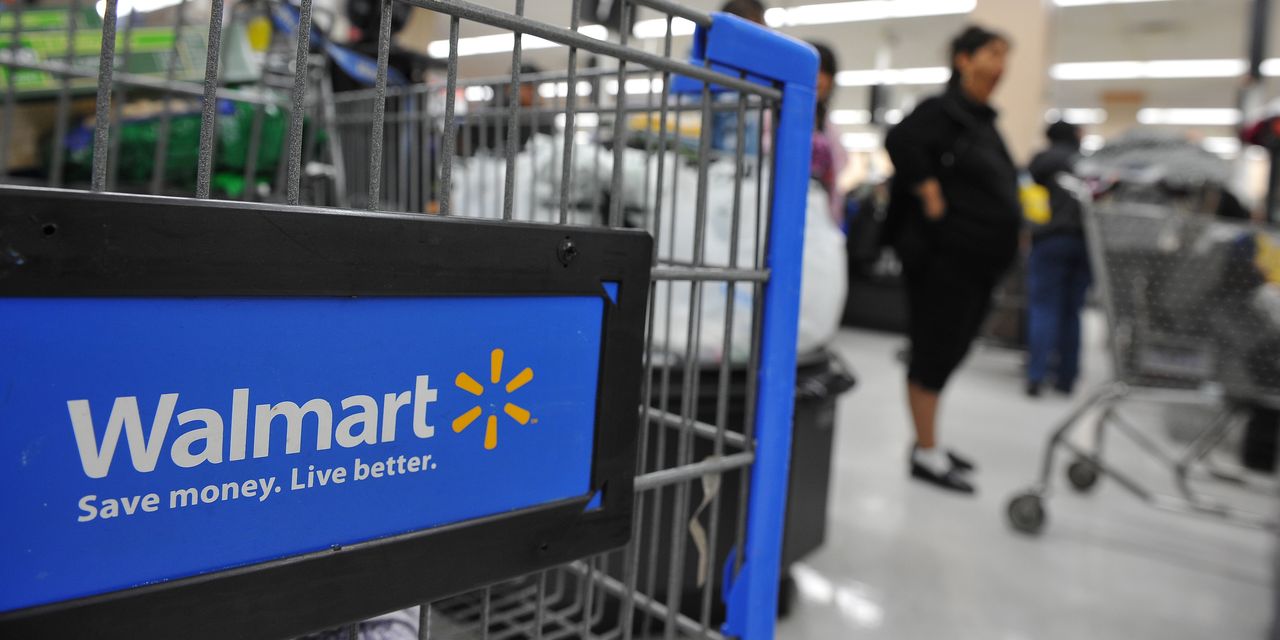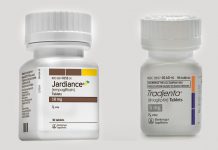On Tuesday, Walmart announced that it would start selling its own brand of insulin at a much cheaper price than its counterparts, according to Medicine Net.
In the United States, insulin prices have skyrocketed in recent years, making it difficult for people with diabetes to afford the life-saving drug, per CBS News.
Dr. Cheryl Pegus, Executive Vice President, Walmart Health & Wellness, said, “We know many people with diabetes struggle to manage the financial burden of this condition, and we are focused on helping by providing affordable solutions.”
Eli Lilly, Novo Nordisk, and Sanofi have been controlling 99% of the insulin market. Plus, there are no generic versions of insulin available in the United States.
Walmart’s insulin is expected to cost around $72 per vial and $85 per FlexPen, which is 58% to 75% cheaper than other insulin products.
Once Walmart starts selling its own insulin, it will save patients $101 per brand-name vial and $251 per package of FlexPen, according to CBS News.
Novo Nordisk will make Walmart’s private brand insulin, per Medicine Net.
Tracey Brown, Chief Executive Officer of the American Diabetes Association (ADA), said in Walmart’s statement that the association welcomed “all affordable solutions” to managing diabetes.
She told CBS News, “Diabetes often comes with high medical costs, estimated around $9,601 per person per year.”
The Juvenile Diabetes Research Foundation (JDRF) responded to Walmart’s announcement and said more needs to be done to make sure people with diabetes have access to affordable insulin.
JDRF, a leading global organization funding Type 1 Diabetes research, said in a statement, “The rising cost of insulin is a fundamental issue faced by those living with diabetes, and JDRF applauds this new effort. No one should die because they can’t afford their insulin.”
Lawmakers and patients have been criticizing authorities for a steep rise in insulin prices, with some patients expressing concerns over difficulty affording insulin. They said the high insulin prices have forced them to ration the drug from other nations or take risky decisions.





















